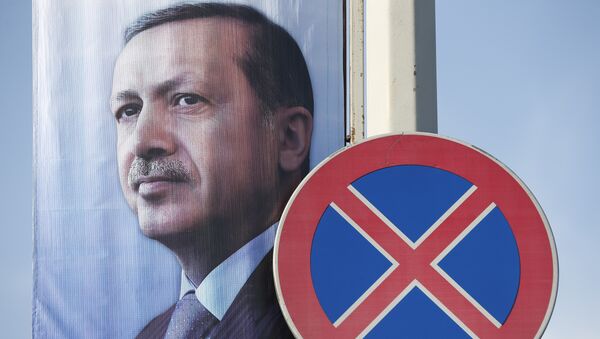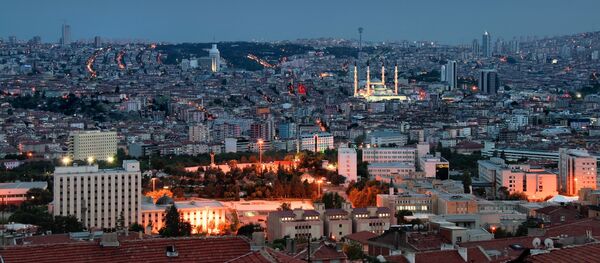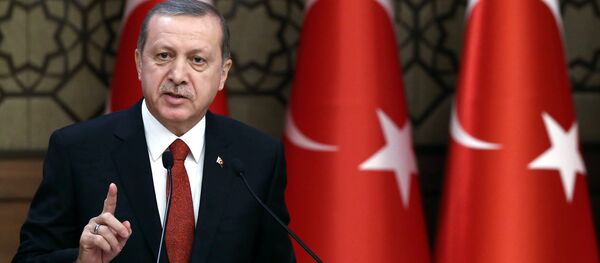However, according to the analyst, Russia will embrace a "harsher mode of relations."
"Every crisis has various stages. First is shock, second is escalation, third is taking control of the escalation and finally stabilizing the escalation. I believe that we are past the escalation stage," he said.
He assumed that the first stage of the crisis between Turkey and Russia will be over in the near future.
Moscow will not impose further restrictive measures on Ankara since political and cultural ties between the two countries have already been seriously damaged, and "there is a limit" for economic countermeasures, Tanrisever pointed out.
"Taking all of this into consideration, I think that this crisis will be resolved in the mid-term, starting in the spring, through rational dialogue. However, a resolution will not ensure that relations will return to the pre-2014 level," he said.
The row between Russia and Turkey broke out after a Turkish jet shot down a Russian bomber in Syrian airspace on November 24. Russian President Vladimir Putin described the incident as a "stab in the back" by those supporting terrorists. In response to the aggressive act, Moscow imposed a set of restrictive measures against Ankara, including in the field of tourism, trade and economic cooperation.
Starting January 1, 2016, Russia will ban some food imports from Turkey and suspend the visa-free regime.



